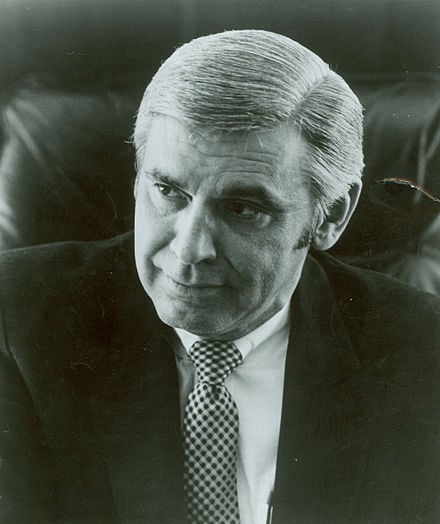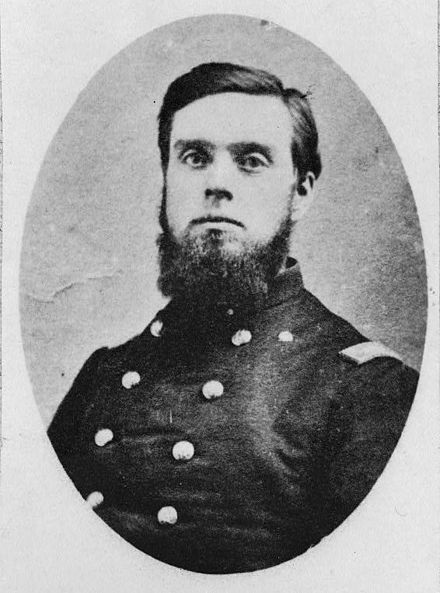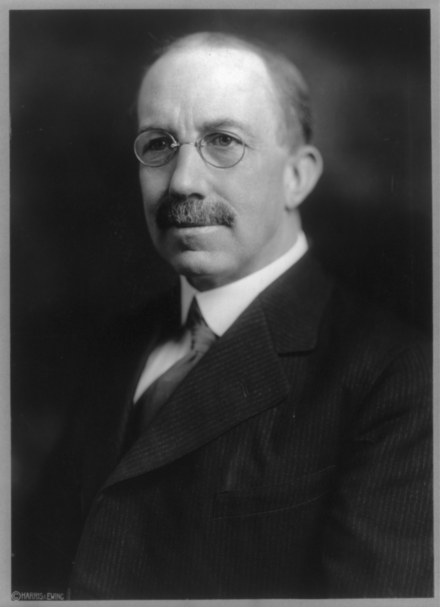Canadians say sorry so much that a law had to be passed saying that apologies aren’t admissions of guilt.
Canadians love to say ‘sorry’ so much, we had to make this law There’s nothing quite like the classic Canadian apology. You won’t find people in any other country in the world who will say the word “sorry” to someone who is clearly in the wrong. This is a uniquely Canadian phenomenon. So unique, in […]









